




💸 Generous core funding to give your ideas wings
🔬 Outstanding facilities to realise your nerdiest dreams
🙌 Supportive colleagues who lift you and your science up
Happy to answer questions! Please repost!
Hear our Director, Edith Heard, explain why the Crick is a unique place for curiosity-driven research.
Apply now ➡️ www.crick.ac.uk/careers-stud...
💸 Generous core funding to give your ideas wings
🔬 Outstanding facilities to realise your nerdiest dreams
🙌 Supportive colleagues who lift you and your science up
Happy to answer questions! Please repost!
apply.interfolio.com/174756
apply.interfolio.com/174756
Understanding the brain and the physiological mechanisms behind mental health is important to confront mental health challenges.

Understanding the brain and the physiological mechanisms behind mental health is important to confront mental health challenges.
www.nationalacademies.org/en/our-work/...

www.nationalacademies.org/en/our-work/...



greystonebooks.com/products/inn...
Please share!
#innersense #interoception #mindbodyconnection #science #mentalhealth #mindandbody
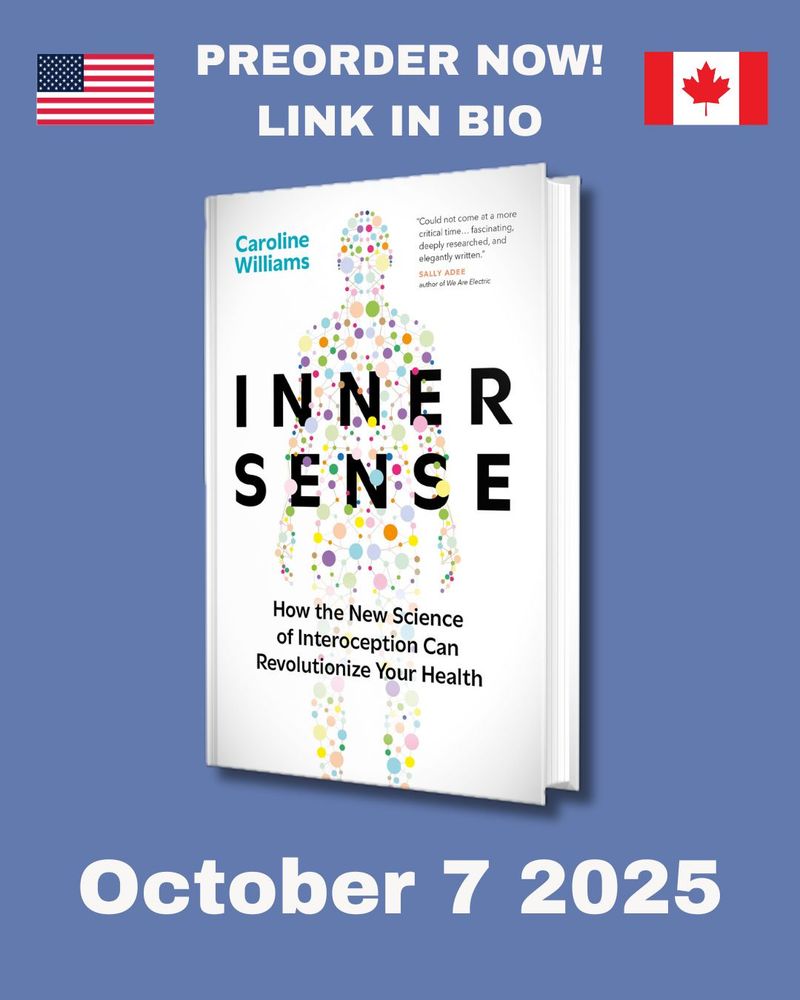
Excited to present WHOLISTIC, which extends the concept of whole-brain functional imaging to the entire body. Pioneering work by incredibly talented Virginia Ruetten @vmsruetten.bsky.social, this platform reveals whole-organism cellular dynamics in vivo.
www.biorxiv.org/content/10.1...
Together with Luigi Micillo, Nicola Cellini and Giovanna Mioni we explored the link between cardiac #interoception and time perception
🧵in the comments

Together with Luigi Micillo, Nicola Cellini and Giovanna Mioni we explored the link between cardiac #interoception and time perception
🧵in the comments

Different from prior connectomes - it is brain + cord (think spinal cord)
We use it to ‘embody’ the system and find it resembles ‘subsumption architecture’ doi.org/10.1101/2025...
Different from prior connectomes - it is brain + cord (think spinal cord)
We use it to ‘embody’ the system and find it resembles ‘subsumption architecture’ doi.org/10.1101/2025...
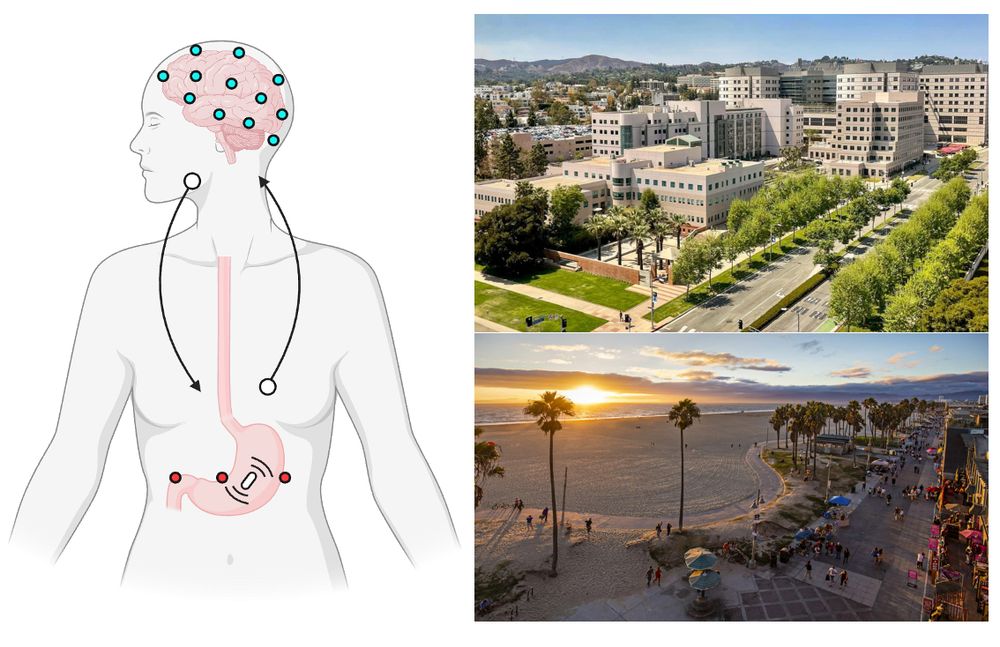
Today's Deep Dive focuses on opportunities & risks of using large language models in psychiatric care & research.
By @skhalsa.bsky.social, @pshrink.bsky.social, @royperlis.bsky.social, @mpwpaulus.bsky.social et al
youtu.be/i8RfTa-dCU0?...


Proud to share our latest article exploring how a “𝑟𝑜𝑣𝑖𝑛𝑔 𝑙𝑒𝑛𝑠” multidisciplinary approach can bridge the gap between animal and human research in interoception & mental health.
👉 Read here : www.sciencedirect.com/science/arti...

Phase confusion: How inconsistent cardiac labeling obscures interoception research 🫀🧠
We unpack methodological incosistencies and propose a way forward with the HEARTS framework.
In Biol. Psychol. - Open Access:
🔗 shorturl.at/YJhyn
1st paper of great @angeliacaparco.bsky.social!
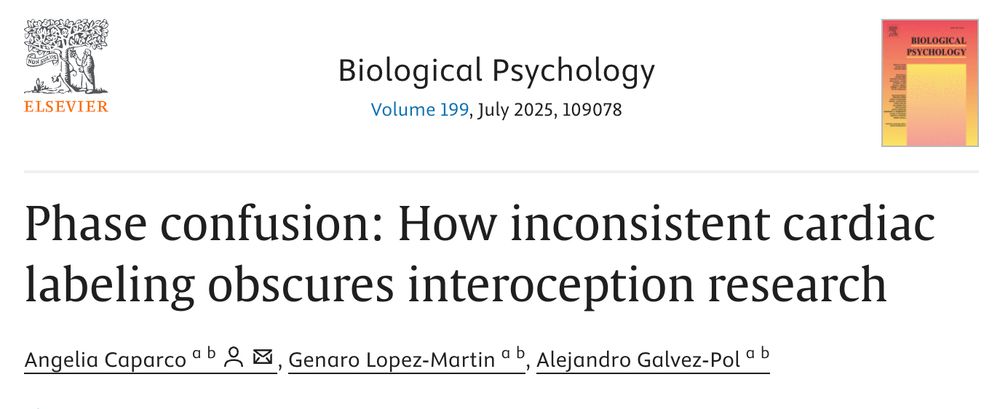
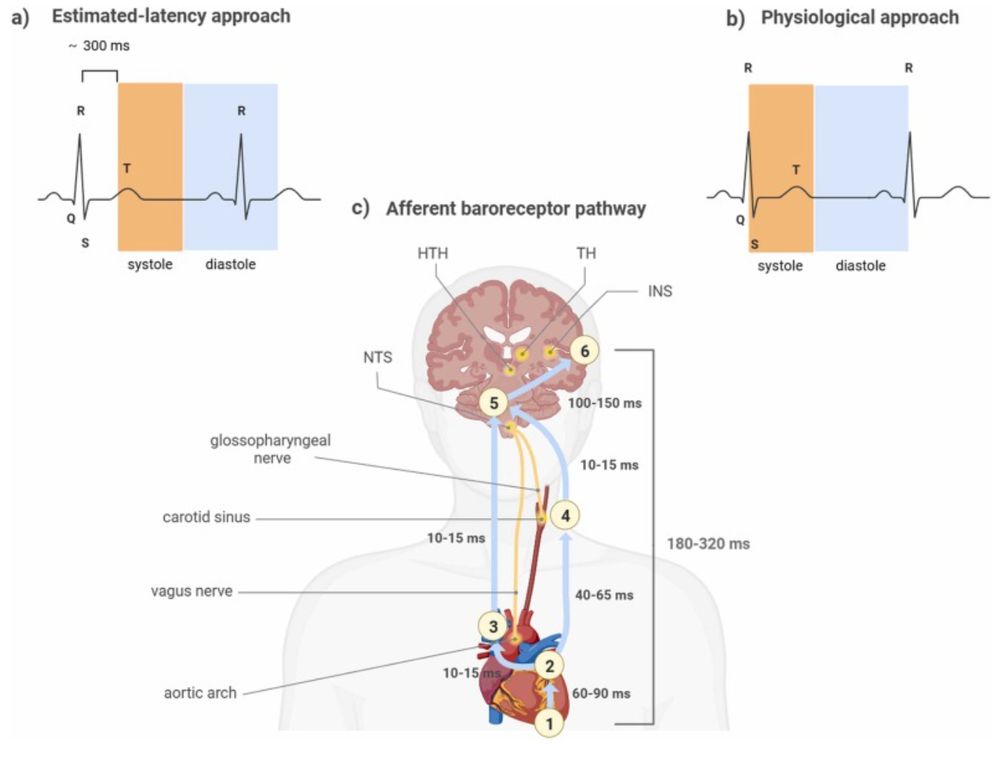
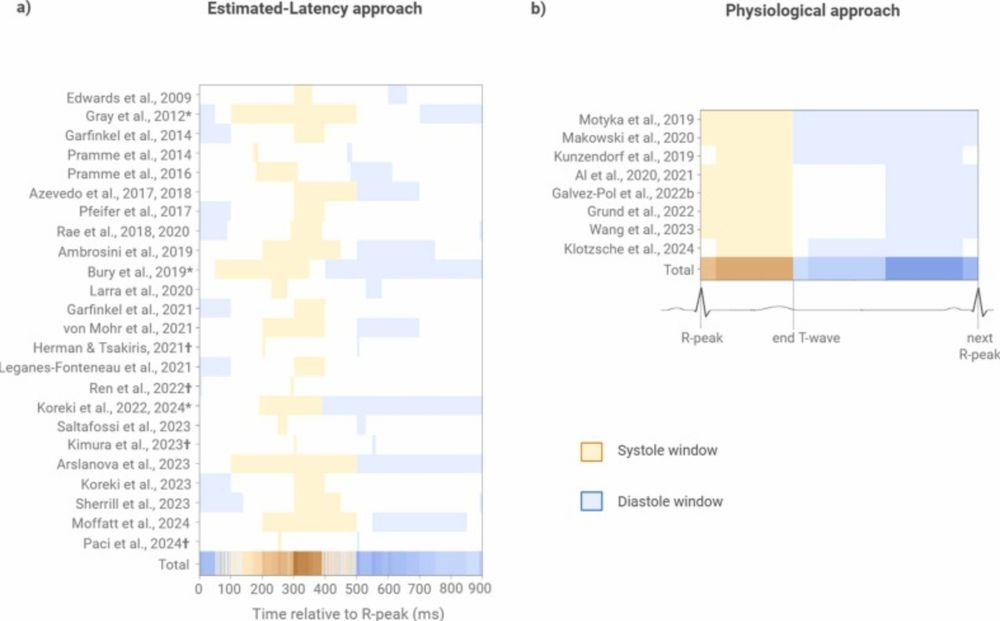
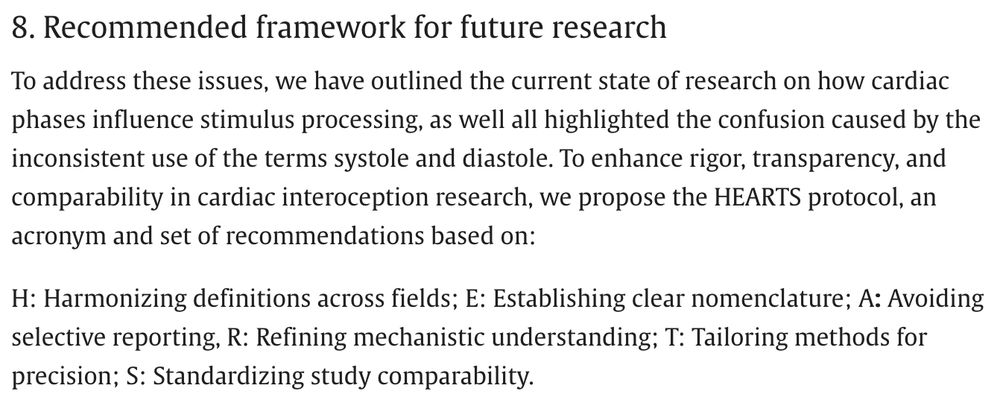
Phase confusion: How inconsistent cardiac labeling obscures interoception research 🫀🧠
We unpack methodological incosistencies and propose a way forward with the HEARTS framework.
In Biol. Psychol. - Open Access:
🔗 shorturl.at/YJhyn
1st paper of great @angeliacaparco.bsky.social!

psychiatryonline.org/doi/10.1176/...

psychiatryonline.org/doi/10.1176/...

